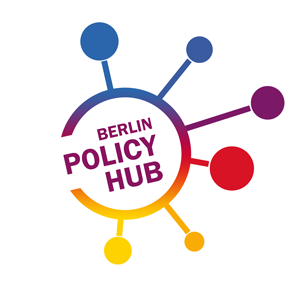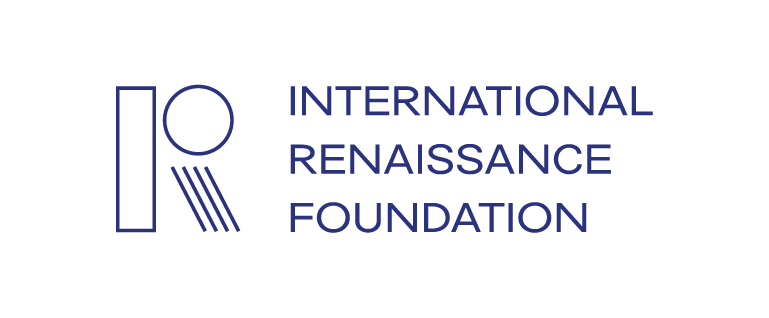Round table: „Ukrainian think tanks post-election: Preserving influence on policy making in Ukraine?”

On 24 June 2019, more than 50 representatives of local Ukrainian think tanks met in Kyiv to discuss their influence on policy making in Ukraine at a round table entitled „Ukrainian think tanks post-election: Preserving influence on policy making in Ukraine?”.
Ljudmyla Melnyk, project manager of the „Platform for Analytics and Intercultural Communication“ (PAIC) at the Institut für Europäische Politik (IEP, Berlin), and Serhiy Shapovalov, political analyst at one of PAIC’s partner organizations, the Ilko Kucheriv Democtraic Initiative Foundation (DIF, Kyiv), opened the event by presenting the first findings of their comparative qualitative study on the operation procedures and working environment of Ukrainian and German think tanks. For data collection purposes, they conducted interviews with representatives of think tanks in both countries.
The interviews with Ukranian think tankers pointed to a variety of challenges that their organizations face at work. First, there would be a lack of experts outside the country’s capital Kyiv that could and would be willing to contribute to the work of local organizations. Furthermore, most organizations would also lack a sufficient level of methodological knowledge to offer science-based policy advice to local authorities. Another major challenge would consist of the dependence on foreign donors which would favor rather short funding periods of three to six months, consequently leading to short-term project terms only. This funding scheme would evocate financial insecurities and the absence of any planning security. Lastly, the support for long-term research projects would be missing. However, these kinds of projects could enhance the quality of their policy advice, according to the interviewees.
Their German counterparts articulated difficulties with the communication of their research findings and with increasing their outreach to inform a wider public, especially using social media in a targeted way. A general problem that think tanks would face everywhere around the globe, and subsequently in Germany as well, would consist of matching the demand for policy advice that reacts on recent developments with the time-consuming, science-based approach that it requires to produce scientifically underpinned statements. In contrast to Ukraine, there would be no general lack of expertise in Germany – an aspect that the interviewers trace back to the quality of higher education.
The discussions of the event’s second part evolved around the perspective of the Ukrainian think tankers invited, including their perception of the study’s results which, all in all, matched their experiences. At this point, especially the issue of missing planning security and the need for financial support for long-term research projects got highlighted. The cooperation with local Ukrainian authorities, however, would function quite well, underlining their demand for policy advice.
For topical reasons, the round table’s third part addressed the power shift in Ukraine related to the election of a new president Volodymyr Zelenskyy and the forthcoming parliamentary elections. At the center of the discussions were the challenges that think tanks would face in the new political environment and their perspectives regarding the cooperation with Ukrainian state authorities. Here, the discussants agreed that think tanks should pay more attention to their watch dog function, especially during populist election campaigns: Statements of candidates should be analyzed, their content verified and the results should be published to inform voters about the character of the respective election campaign.
This event was organized by the “Platform for Analytics and Intercultural Communication” (PAIC) and the Berlin Policy Hub. The project PAIC aims at promoting professional expertise among Ukrainian think tanks, creating synergies between German and Ukrainian think tanks and transferring knowledge about developments in Ukraine to Germany. PAIC is conducted by the Institut für Europäische Politik (IEP, Berlin) in close cooperation with the Ilko Kucheriv Democratic Initatives Foundation (DIF, Kyiv) and the think tanks development and research initiative think twice UA (Kyiv) and is kindly supported by the Federal Foreign Office.




